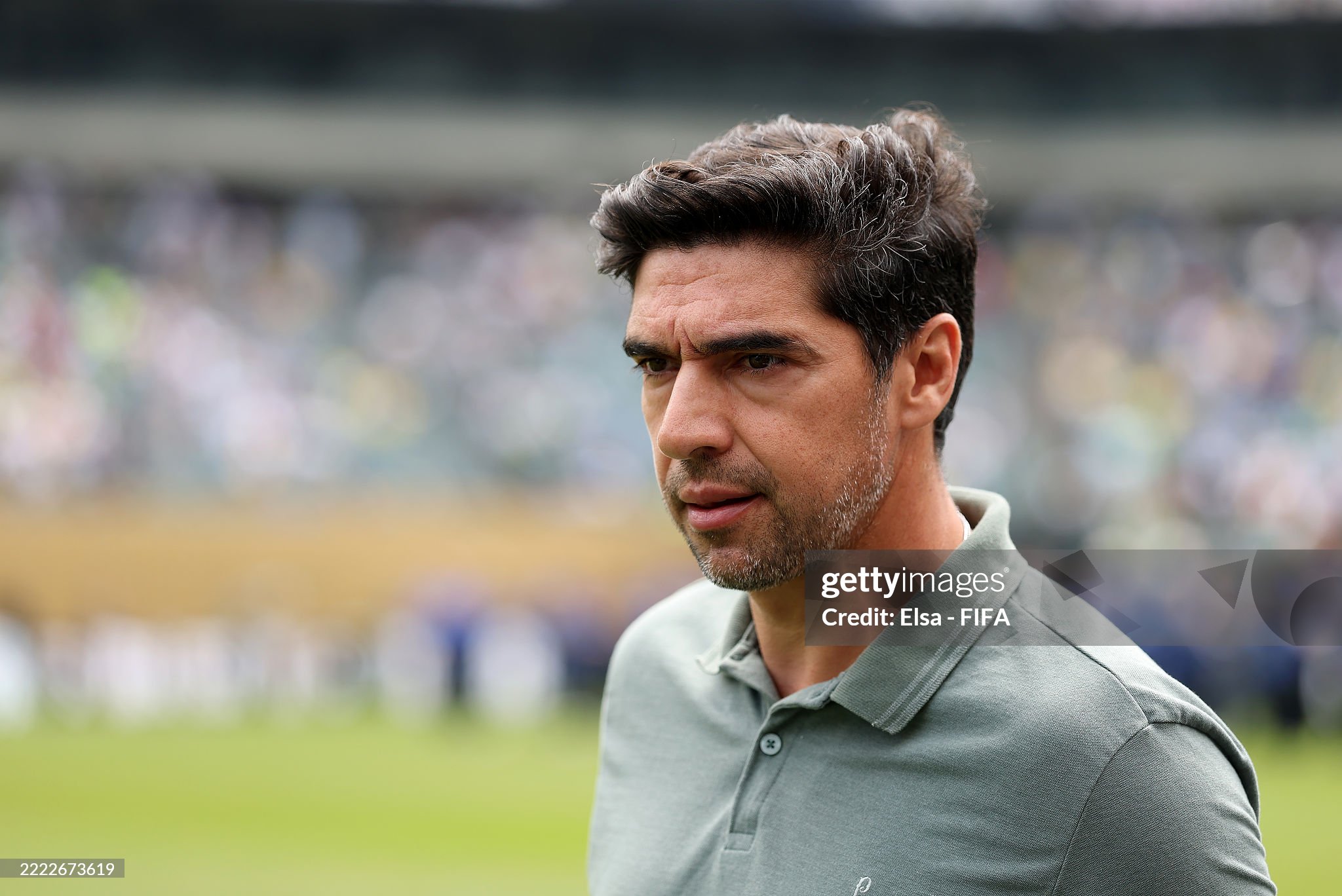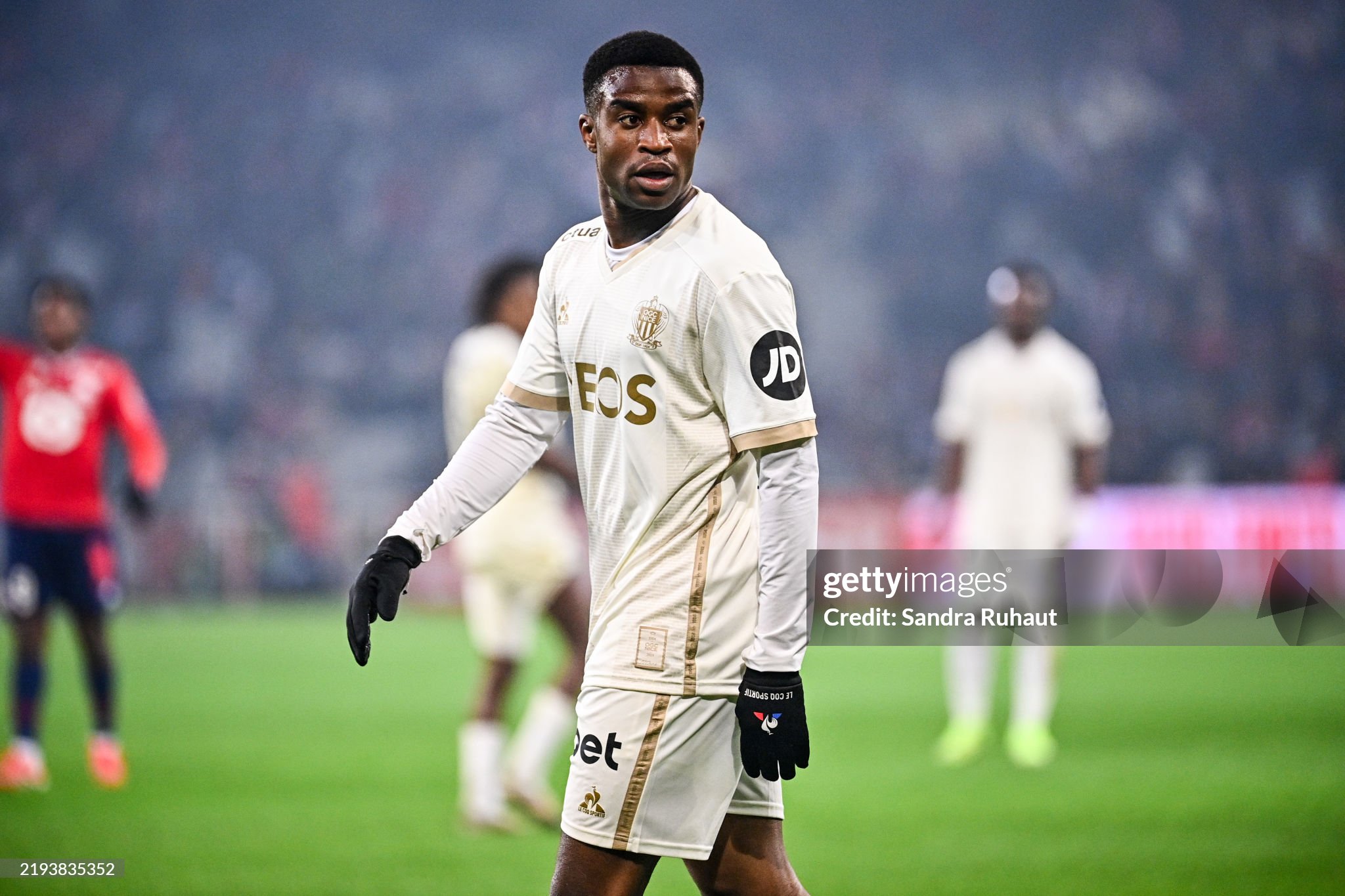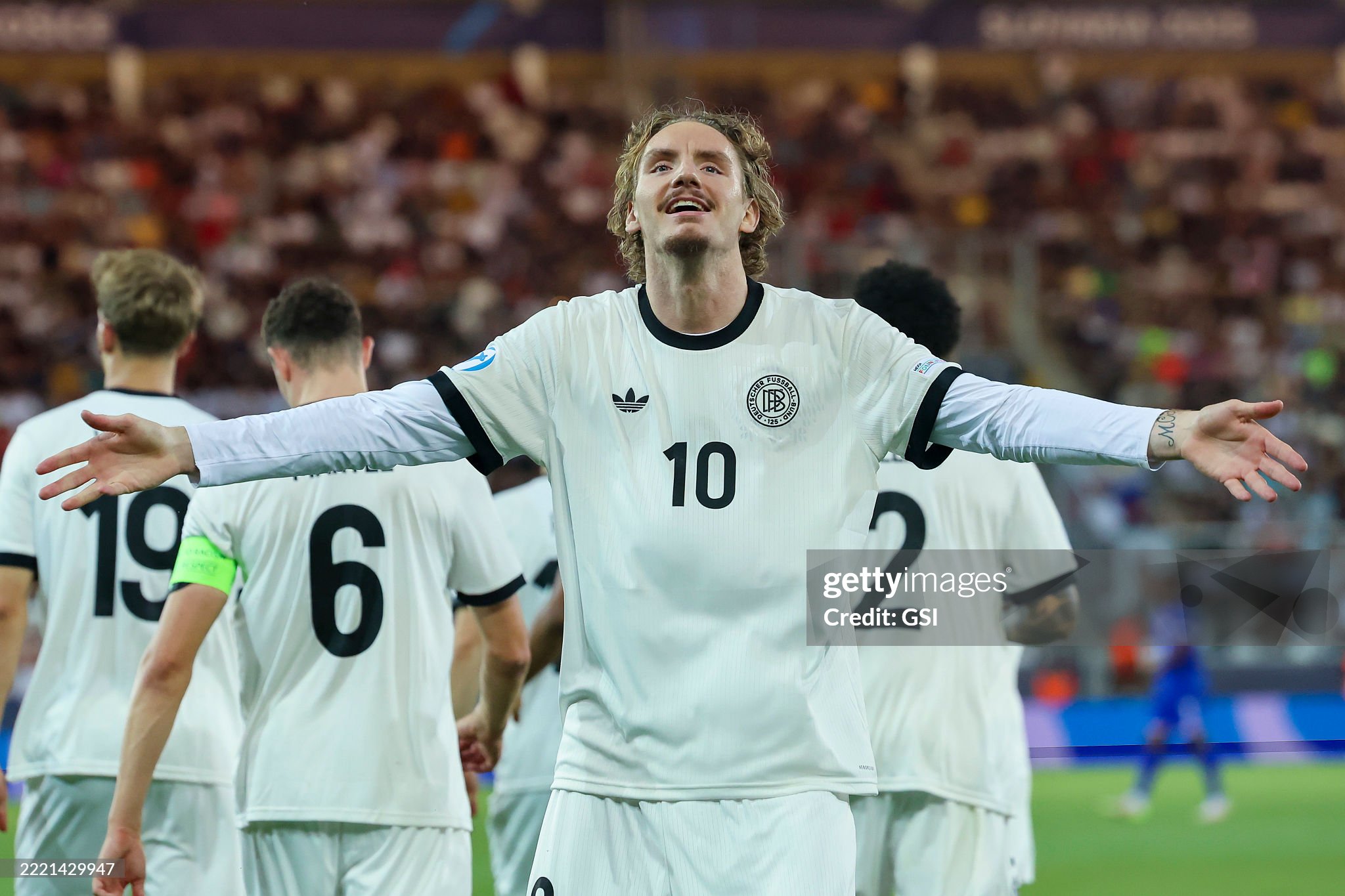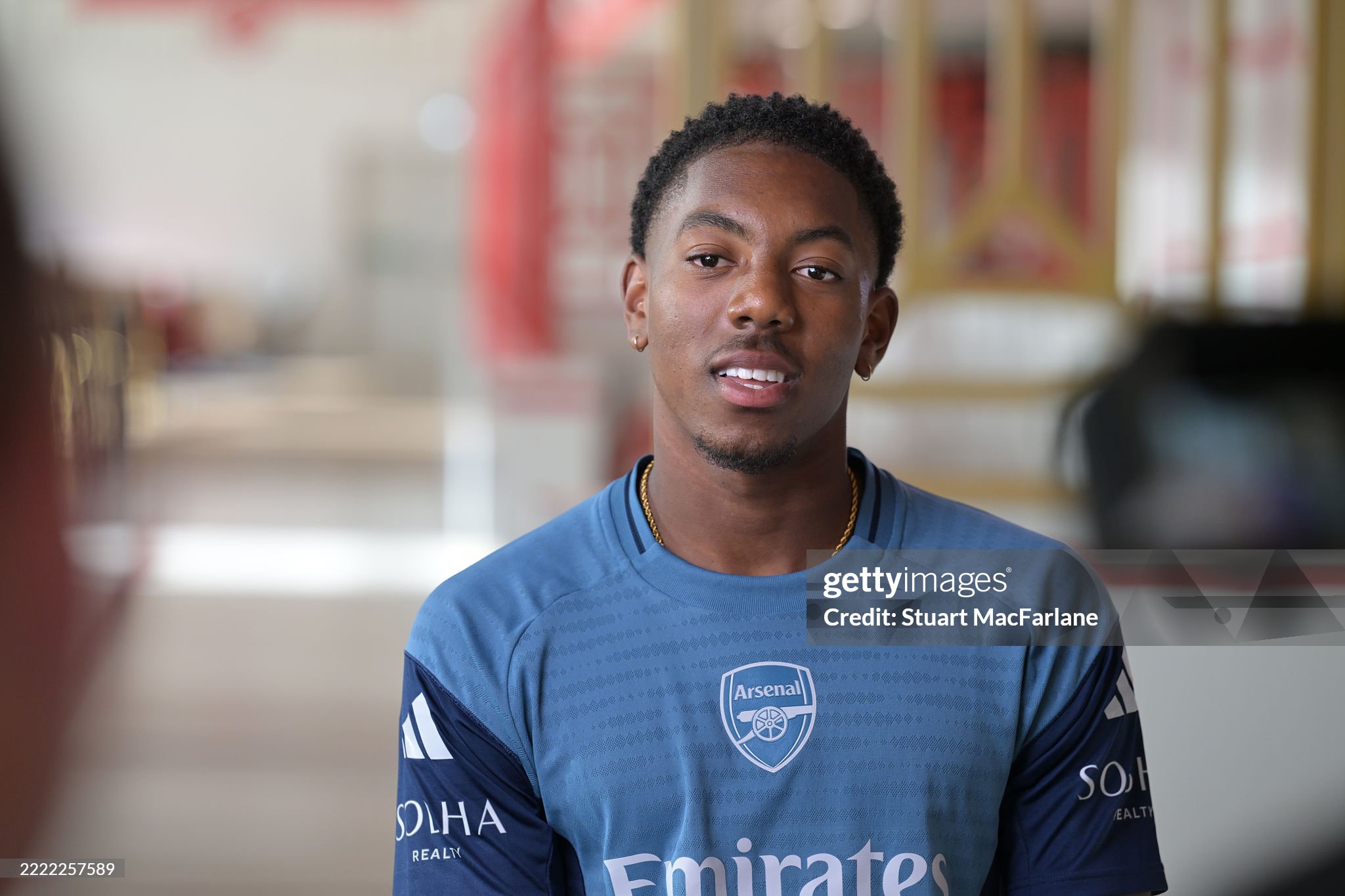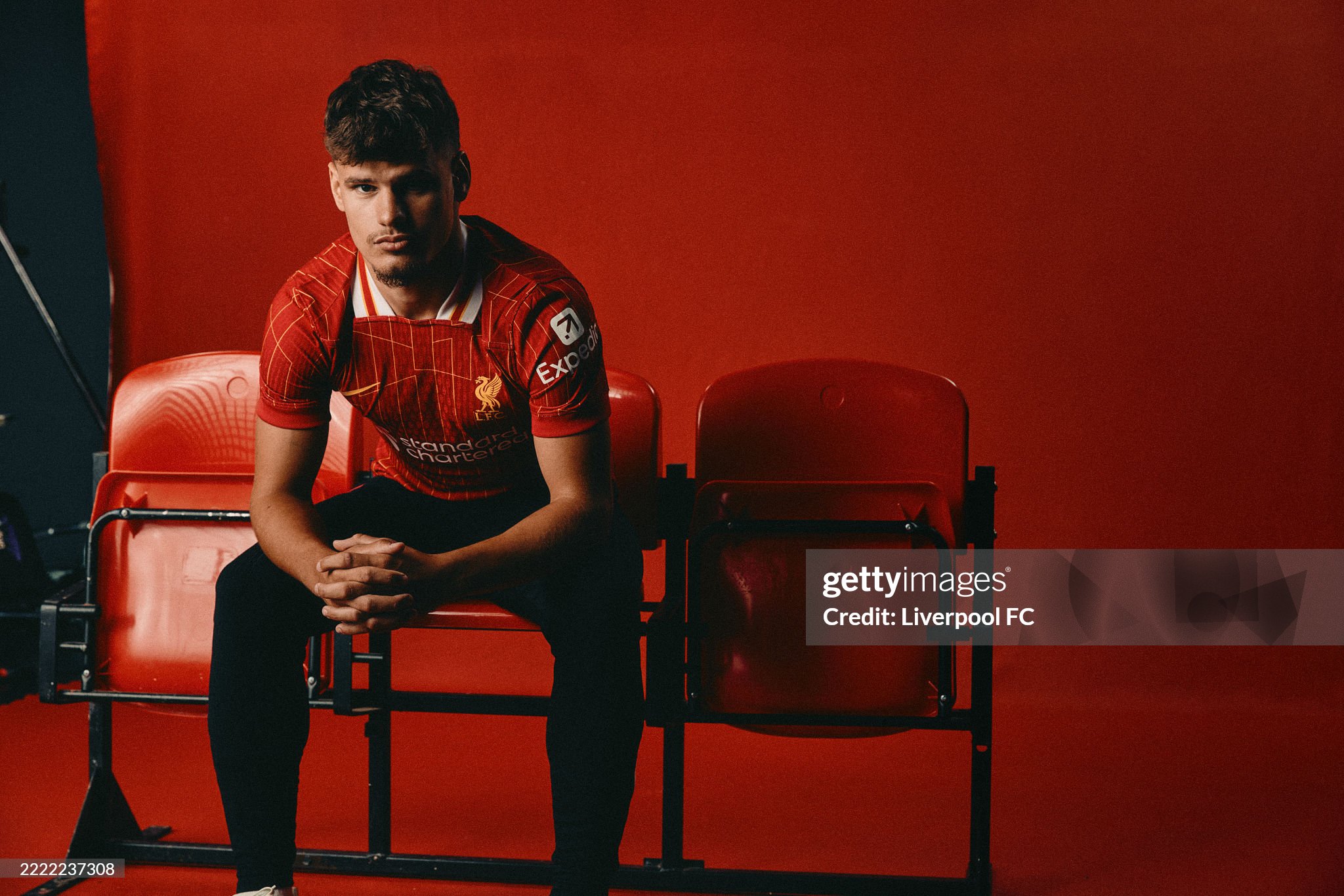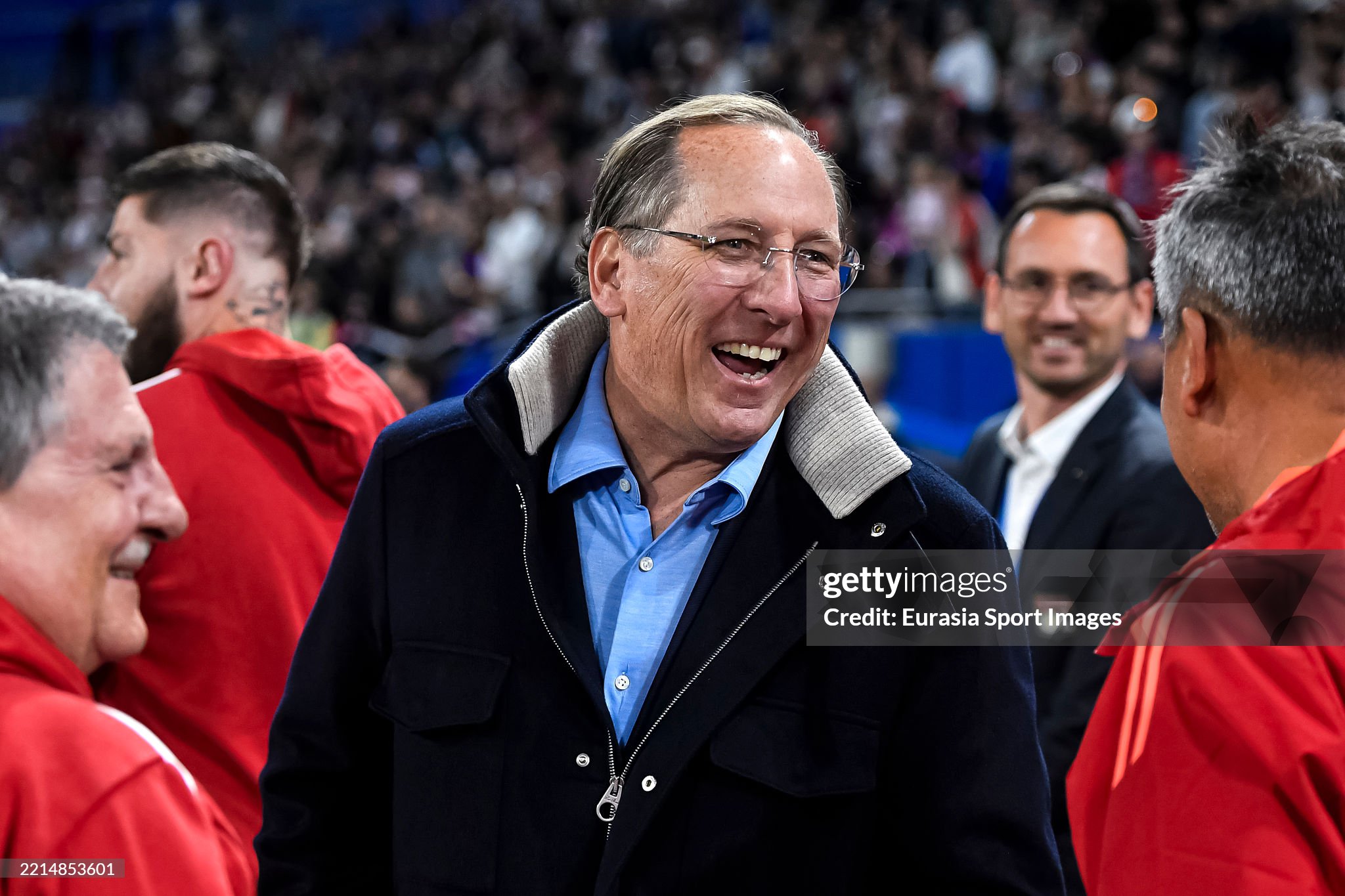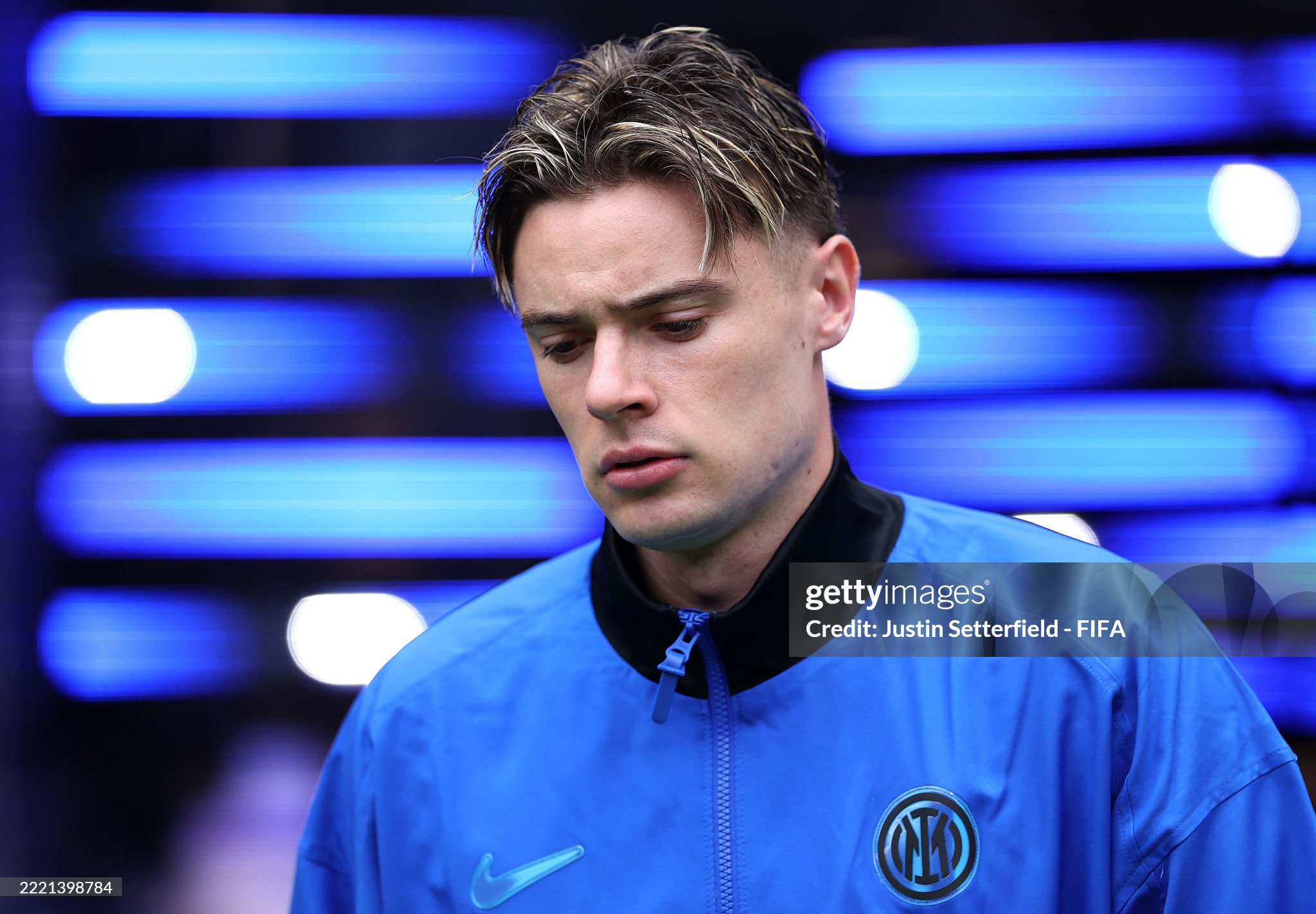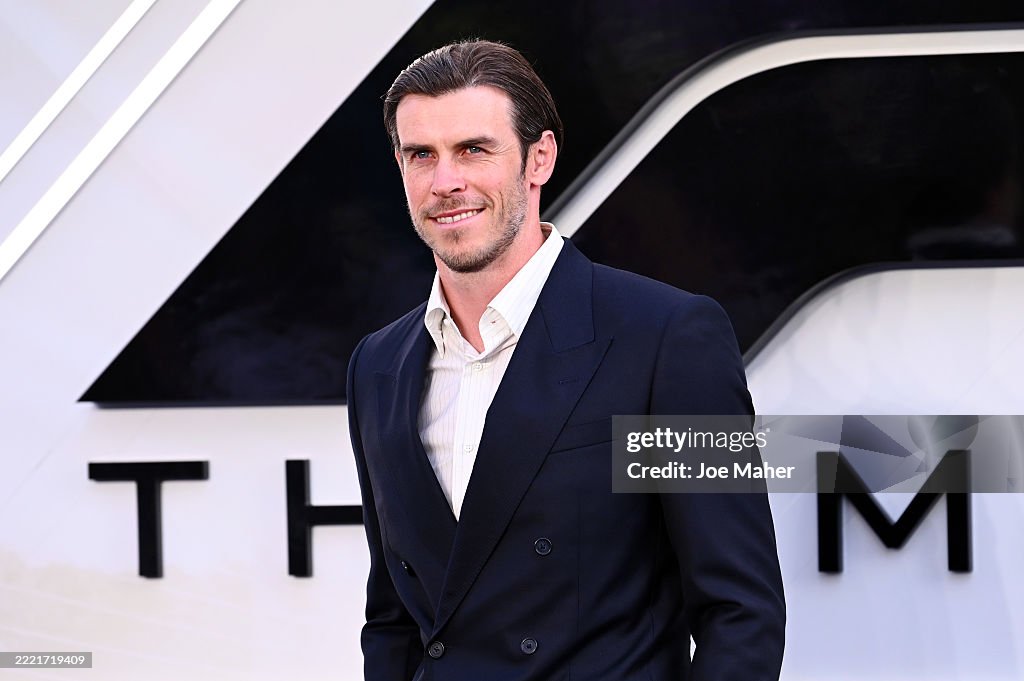Palmeiras coach Abel Ferreira has strongly criticized the Brazilian media. In the South American country, controversy arose over comments made by Estêvão, who will be moving from Palmeiras to Chelsea later this summer.
A year ago, Chelsea made headlines by securing the signing of Brazilian wonderkid Estêvão for over thirty million euros a significant investment for a player who, at the time, had barely broken into Palmeiras' senior squad.
As part of the deal, Estêvão remained with the Brazilian club for another season to continue his development in familiar surroundings before making the leap to European football. Now, as the move to Stamford Bridge draws near, the 18-year-old forward has found himself at the center of a media storm in his home country, not because of his performances which have been exceptional but because of his honesty.
In the buildup to the Club World Cup quarterfinal clash between Palmeiras and Chelsea, Estêvão admitted in an interview that the transition to one of the world's biggest clubs felt daunting. He spoke openly about his excitement, but also revealed feelings of nervousness and anxiety natural emotions for a teenager preparing to leave Brazil for the intensity and spotlight of the Premier League. However, instead of being met with understanding, his remarks sparked debate across Brazilian media. Some questioned his mental readiness. Others framed his vulnerability as a weakness.
The controversy added extra weight to what was already a high-pressure match: Palmeiras vs Chelsea, with a place in the semifinals of the Club World Cup on the line. The match, held in front of a global audience, ended in a narrow 2–1 victory for the English side. Despite the result, Estêvão was one of the brightest players on the pitch. He showed flair, courage, and maturity well beyond his years, earning the Man of the Match award in a performance that seemed to directly answer his critics.
After the final whistle, Palmeiras coach Abel Ferreira used his post-match press conference to send a powerful message not to his player, but to the press. Clearly frustrated by the narrative built around Estêvão’s earlier comments, Ferreira didn’t hold back.
"I have nothing to say about that. You chose to focus on it, not me. I don't know what your goal is with that," he began, before launching into a more pointed defense. "I think what he said is completely normal. Do you know what the difference is between a human and an animal? It's feelings and emotions. It’s normal to feel nervous or anxious before big matches. It’s normal for a kid who had a dream and is now seeing that dream come true. What he’s feeling is natural. And that boy, who is eighteen and still naïve, simply said what he felt."
Ferreira, who has often shown a protective side toward his players, didn’t stop there. He turned the spotlight back onto the media, questioning the culture of criticism that surrounds young athletes in Brazil.
"Is this what you do to players here? But I understand it very well. That’s what sells, of course blood. Criticism is much more interesting to people. That’s what people want to read nowadays," he continued. "We all make money in some way, and this is one of them. But sometimes, it’s good to show a bit of empathy especially you, the one giving commentary and taking shots. If we all took the time to put ourselves in his shoes, you’d be more understanding."
The remarks struck a chord. On social media, many fans and former players came to Estêvão’s defense, praising his honesty and calling out the toxic pressure often placed on young footballers. In an era where mental health in sports is gaining more attention, Estêvão’s experience highlights just how far football still has to go in supporting its rising stars.
Meanwhile, Chelsea supporters will be watching closely. If Estêvão’s performance against his future club is anything to go by, they may have secured a generational talent one who, despite his youth, is already showing the character and quality needed to thrive on the biggest stages. What remains to be seen is how the media in both Brazil and England will handle the next chapter of his story.
